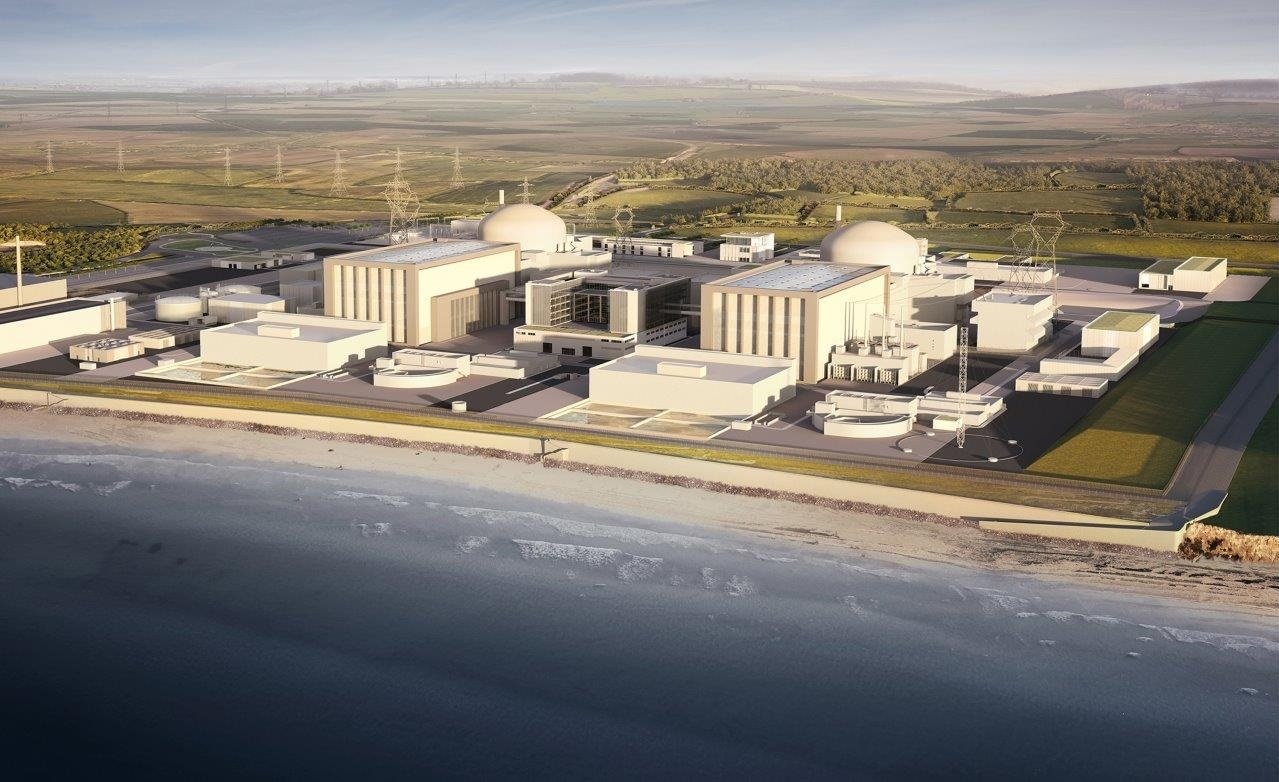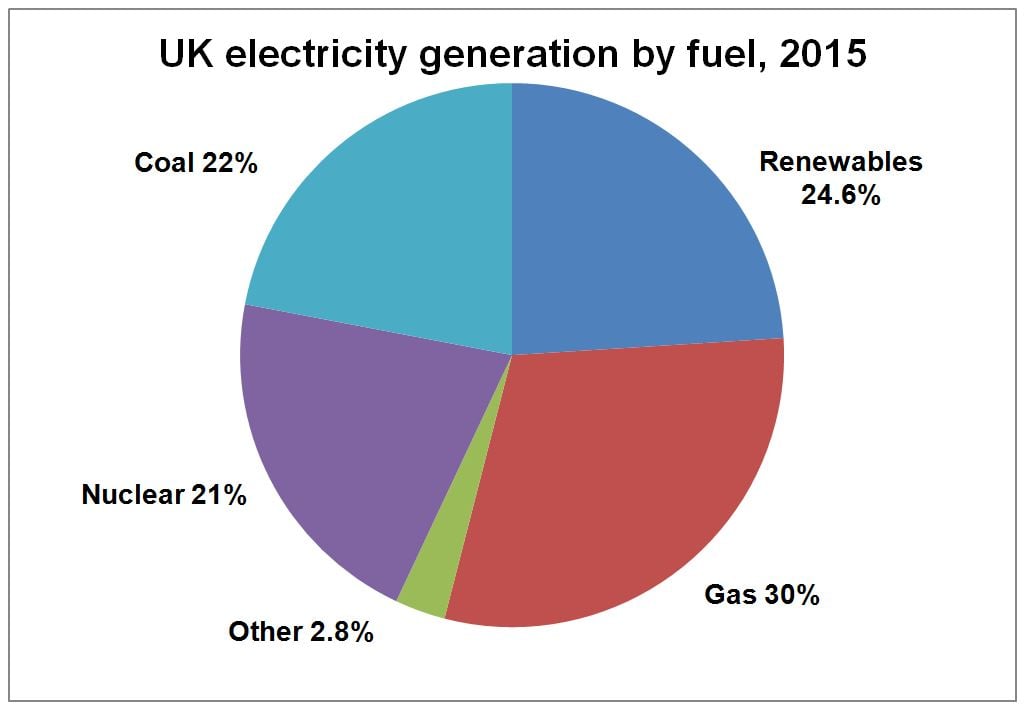The UK government have announced they are postponing the final decision on Hinkley Point C pending a fresh review by Prime Minister Theresa May’s new cabinet.
The news came the day before French and Chinese backers were expecting to meet with British representatives and sign the £18 billion deal to build a new 3,200 MWe nuclear power plant on British soil.
Greg Clark, Secretary of State for Business, Energy and Industrial Strategy, gave no specific reason for the postponement when he said last Thursday evening:
“The UK needs a reliable and secure energy supply and the government believes that nuclear energy is an important part of the mix. The government will now consider carefully all the component parts of this project and make its decision in the early autumn.”
EDF, the largely state-owned French energy group proposing the construction of the nuclear plant had just earlier that day given the project their own green light. Their board of directors had approved the final investment decision and said the signing of the contracts could go ahead.
 The government has called for a fresh review of the proposed Hinkley Point C nuclear power plant in Somerset. (Computer-generated image of how the plant might look from EDF Energy.)
The government has called for a fresh review of the proposed Hinkley Point C nuclear power plant in Somerset. (Computer-generated image of how the plant might look from EDF Energy.)
Hinkley Point C is a major part of EDF’s long-term strategy. Building of the two nuclear reactors at Hinkley Point in Somerset, on England’s southwest coast, would strengthen their presence in Britain. The group’s subsidiary, EDF Energy, already runs 15 nuclear reactors and is the largest electricity supplier by volume in the UK.
Reasons for delay
Reacting to the delayed decision on Hinkley Point C in an open letter to employees, EDF Energy CEO Vincent de Rivaz, says “For the UK, Hinkley is vital to energy and climate policy.”
He remarks the “new Prime Minister has been in post for just 16 days,” her cabinet for even less time, so EDF understands “their need to take a little time.”
Others propose the reason for the delay is the new Prime Minister is uncomfortable with the 33 percent stake that state-owned China General Nuclear (CGN) has in the project. They suggest the new occupant of Number 10 may be less enthusiastic about strengthening trade relations between Britain and China than her predecessor.
Hints of this were apparent in views expressed by Nick Timothy, special adviser to May when she was Home Office Minister, and now one of the new Prime Minister’s joint chiefs of staff. Back in October, he wrote in a blog column that “no amount of trade and investment should justify allowing a hostile state easy access to the country’s critical national infrastructure.”
The Hinkley deal was supposed to pave the way for CGN to lead a project to build another reactor – using Chinese nuclear technology – at Bradwell in Essex. UK security services have warned this would give the Chinese the opportunity to build weaknesses into the computer systems.
On Saturday, CGN said they respect the new UK government’s need to delay the decision on Hinkley Point C. They said they understand their need to familiarize themselves with the project, “given the importance of the Hinkley Point C programme to England’s future energy security.”
More foreign partner nuclear projects in pipeline
So is the delay of the decision on Hinkley Point C not so much a case of the new government having second thoughts about nuclear power per se, but about this particular deal?
Nuclear energy accounts for around 21 percent of the electricity generated from fuel in the UK. Its contribution is growing – alongside renewables like wind, solar, and bioenergy – and counts as an important low-carbon fuel that is helping to switch away from coal. In 2015, the impact of low-carbon fuels is provisionally estimated to have reduced carbon dioxide emissions by around 4 percent.
 Just over one fifth of the electricity generated in the UK comes from nuclear power. (Data from gov.uk release on Digest of UK Energy Statistics 2016.)
Just over one fifth of the electricity generated in the UK comes from nuclear power. (Data from gov.uk release on Digest of UK Energy Statistics 2016.)
In deliberating their decision on Hinkley Point C, the UK government will likely be considering other nuclear projects being planned with foreign partners. In addition to CGN’s proposals for Bradwell, these include:
– The building by Hitachi-owned Horizon Nuclear Power of four reactors in Anglesey, Wales and Oldbury, South Gloucestershire
– Building of three reactors at Moorside near Sellafield, Cumbria, by NuGen who are majority owned by Toshiba
– Two further reactors by EDF Energy at Sizewell in Suffolk.
If Hinkley and these go ahead, then we may see “approximately 13 new large reactors built in the UK, providing roughly 35-40 percent of UK electricity,” says Dr Paul Norman, Reader in Nuclear Engineering and Reactor Physics at the University of Birmingham.
